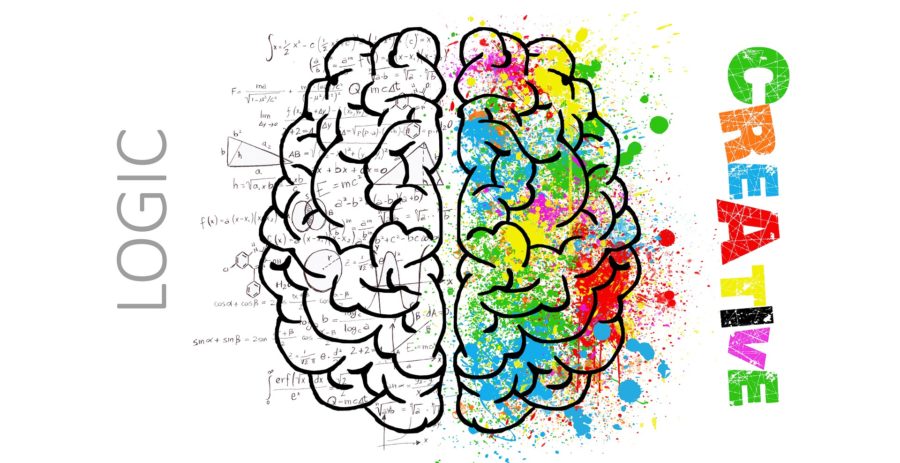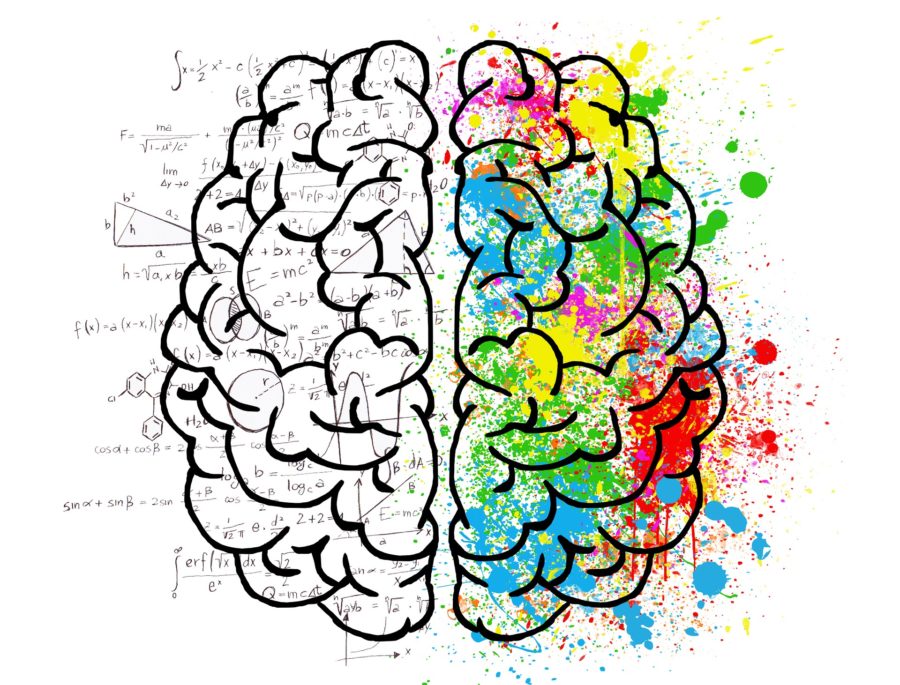
Brain shape might play a role in behavior and mental health disorders, according to new research from a group of researchers from the United States, United Kingdom and Italy.
Antonio Terracciano, professor from Florida State University College of Medicine, worked with a group of researchers to study possible connections between brain shape and personality. The researchers studied the anatomy of the cortex — the outer layer of the brain — and how the shape and size of the cortex is related to major personality traits.
In the study, researchers used a set of images that were taken from over 500 people. All of the images were taken from healthy individuals ages 22 to 36. None of the images were taken from people with mental disorders.
Researchers looked at the thickness and amount of folding in the cortex of the images.
“Evolution has shaped our brain anatomy in a way that maximizes its area and folding by reducing thickness of the cortex,” Luca Passamonti, senior author from the University of Cambridge, said.
Passamonti said that the cortex will stretch and then fold, while this increases the size of the surface area it will make the cortex thinner in the process.
“We refer to this as the ‘cortical stretching hypothesis’,” Passamonti said.
Previously, Terracciano found that as people age, they become better at handling emotions, more responsible and less antagonistic.
The current research found that high levels of neuroticism, which is a long-term negative state-of-mind, were associated with reduced area and increased thickness in portions of the cortex.
Those with less thickness and increased folding in portions of the cortex were found to be more open, which is associated with being curious and creative.
The researchers believe that the relationship between brain structure and personality type might provide insight into how people change as they age and how brain structure can impact mood and mental health disorders.
By using younger, healthy individuals in the study, the researchers hope that the information can be used as a framework for other studies.
“We also need to have a better understanding of the reaction between brain structure and function in healthy people to figure out what is different in people with neurological and psychiatric disorders,” Passamonti said.








